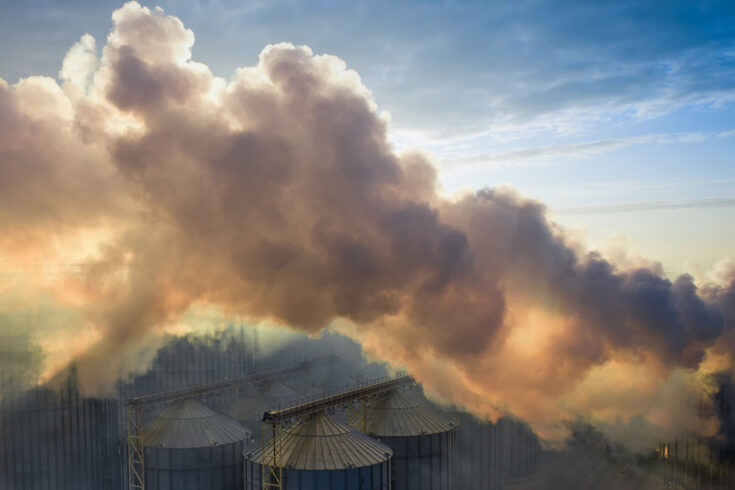About the project
The redevelopment of a former coal-fired power station site in Rugeley, Staffordshire, has presented an opportunity to create a blueprint for a smart local energy system (SLES).
“The Zero Carbon Rugeley demonstrator project uses user-centric design processes to help the community engage with, and thus shape, the design of the smart local energy system.”
Chris Langdon
It not only reduces carbon emissions but helps boost the town’s economic regeneration and social integration.
Part-funded with £1.9 million through UK Research and Innovation’s prospering from the energy revolution challenge, the Zero Carbon Rugeley demonstrator project is unique. It uses user-centric design processes to help the community engage with, and thus shape, the design of the SLES.
Chris Langdon, Development and Investment Director at EQUANS, part of energy and services company ENGIE, which led the project said:
Rugeley is a town that has for many years been reliant on its coal industry, for generations, energy has been part of its story. The development of 2,300 homes, as well as office, retail and commercial space on the site of the old power station site represents significant growth for a town of around 24,000 people.
We wanted to explore how the development of one site could catalyse systems change in a wider area, and particularly, how you could maintain the essence of a place while at the same time speaking to its future.
Impacts of the project
EQUANS led a consortium that included energy network, technology, not-for-profit, academic and local authority partners. The project incorporated the latest renewable energy technologies, new energy business models, local energy marketplaces and smart control systems to produce a design for an innovative, replicable and scalable energy solution.
Crucially, the team also used community engagement to ensure the wants and needs of local residents and businesses were addressed.
Chris Langdon said:
Research and mapping helped us understand energy demands and constraints, and their impact on a range of business models, at a granular level. But the success of any SLES is also down to people’s behaviour. The transition to low-carbon energy needs to be equitable, fair and flexible.
Engagement through workshops run in partnership with a regional theatre group, the New Vic, and Keele University helped conceptualise energy use and enabled local people to articulate their needs, such as for electric transport and charging hubs.
While many SLESs focus on large cities, Zero Carbon Rugeley also helps demonstrate the need for models for smaller communities.
Chris Langdon said:
In high-density city centres there is greater diversity in energy usage and potential to tap into systems, such as heat from sewers and underground rail. Whereas smaller conurbations, particularly towns and semi-rural areas, present a number of challenges for SLESs, including lower housing densities, less transport infrastructure and greater dependence on cars.
These factors vary from place to place and Zero Carbon Rugeley shows that designing a smart local energy system specifically for its location can maximise the benefits.
Shifting the focus to shaping energy systems around a community’s need, as opposed to the requirements of energy companies and other business perspectives, is key to creating a successful SLES.
Retrofit, autonomous transport, smart systems, we have the technology to help meet net zero targets, but the corporate and government sector need to align with the local community and drive together to make it happen. Any design must accompany them along that path.
By exploring ways to address the challenges unique to its locality, Zero Carbon Rugeley provides a template for co-generation design processes that can be replicated to help other towns develop local energy infrastructures and act as a catalyst for regeneration.
Rob Saunders, Challenge Director, Prospering from the Energy Revolution said:
The Zero Carbon Rugeley project neatly uses the legacy of the coal-powered energy industry as an opportunity to reimagine the way a whole town generates, stores, uses and shares energy at a local level.
It has made great progress towards our programme’s vision of delivering net zero commitments through cleaner, cheaper energy services while creating more prosperous and resilient communities.
The Prospering from the Energy Revolution challenge is delivered by Innovate UK.
Top image: Credit: MaYcaL, iStock, Getty Images Plus via Getty Images

